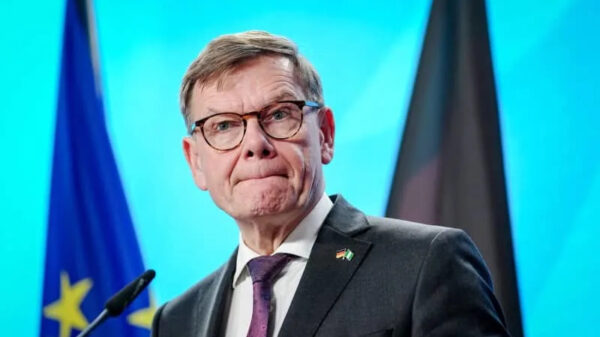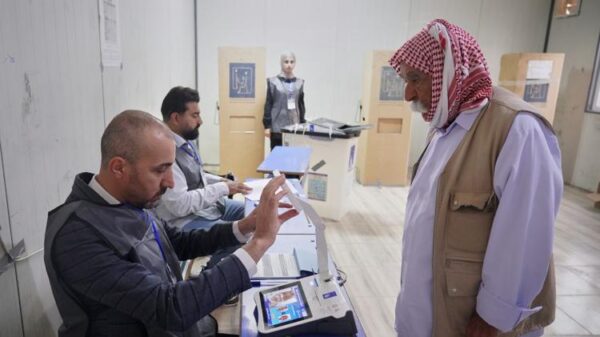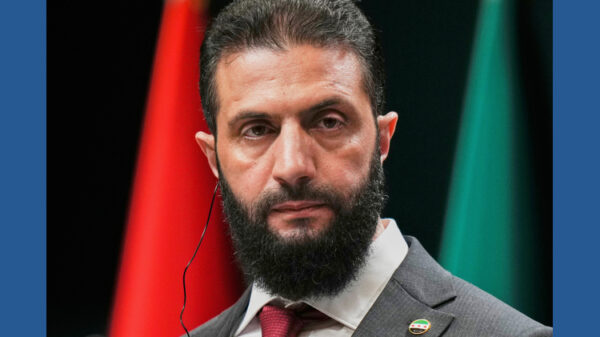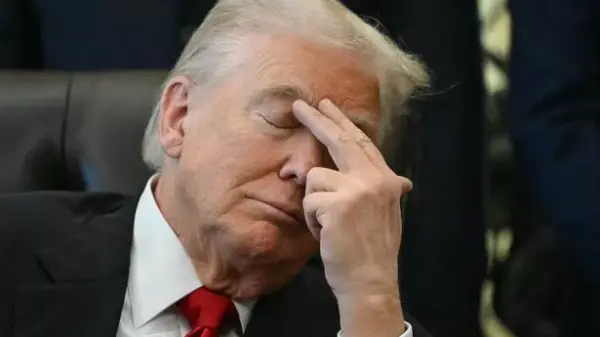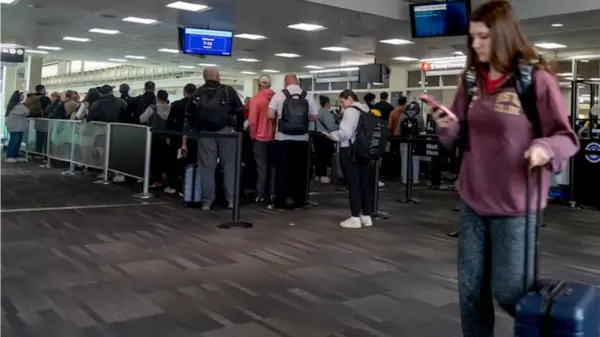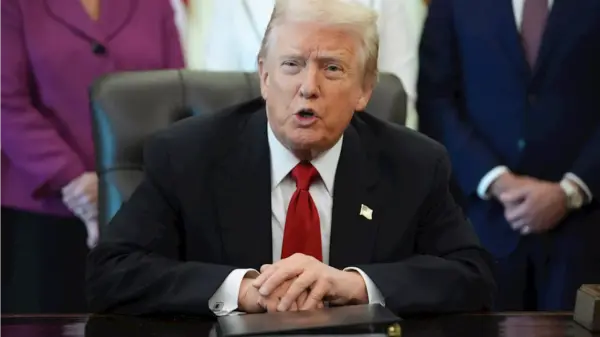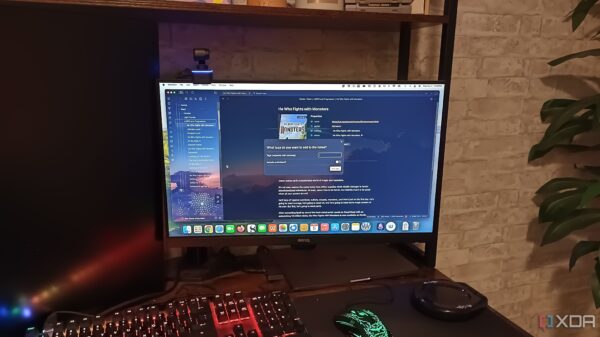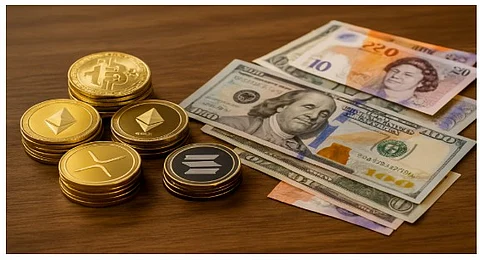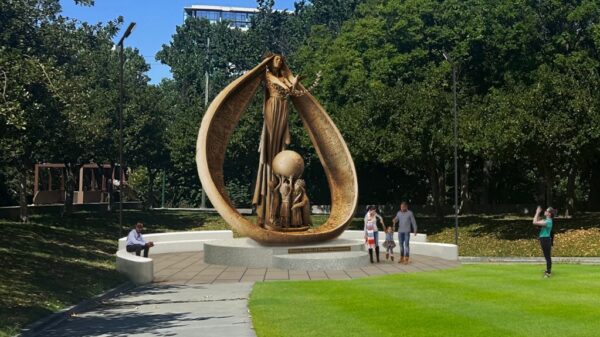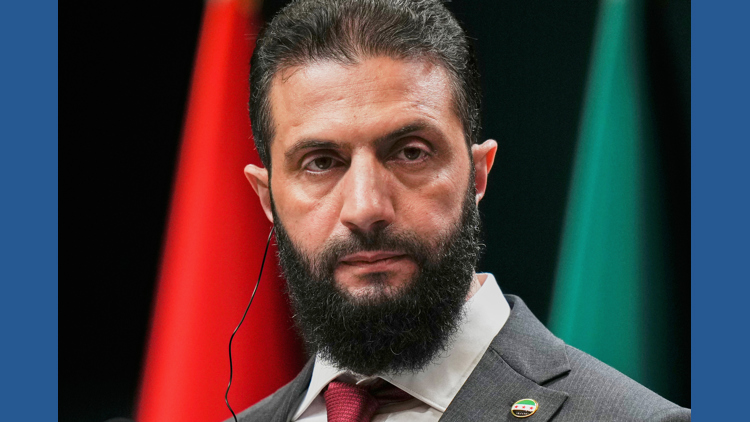President Donald Trump hosted Syrian President Ahmad al-Sharaa at the White House on March 15, 2024, marking a significant shift in U.S.-Syria relations. This unprecedented meeting is the first visit by a Syrian head of state to the White House since Syria gained independence from France in 1946. It comes as the U.S. integrates Syria into a coalition aimed at combating the Islamic State group, following the lifting of longstanding sanctions against the country.
Al-Sharaa, who led the rebel forces that ousted former President Bashar Assad in December 2023, was appointed Syria’s interim leader in January 2024. His visit symbolizes a potential new era for Syria, which has been largely isolated on the international stage. Trump previously described al-Sharaa as a “young, attractive guy” and noted his “strong past” as a fighter, highlighting a transformation from the U.S. stance towards Syria.
Historic Diplomatic Engagement
The meeting represents a significant diplomatic effort by the Trump administration. White House press secretary Karoline Leavitt stated that the visit is part of the President’s commitment to engage with global leaders in pursuit of peace. Trump has expressed optimism about al-Sharaa’s leadership, noting that “a lot of progress has been made with Syria” since the easing of sanctions.
In a notable development, the United Nations Security Council voted to lift sanctions on al-Sharaa and other Syrian officials just before his arrival in the U.S. Mike Waltz, the U.S. ambassador to the U.N., emphasized that this decision reflects a new chapter for Syria following the fall of Assad.
During the meeting, al-Sharaa is expected to advocate for a permanent repeal of sanctions that penalized Syria for human rights abuses committed under Assad’s regime. Although current sanctions under the Caesar Act have been waived by Trump, a permanent repeal would necessitate congressional action.
Sanctions and Future Relations
Two proposals are currently under consideration regarding the future of sanctions on Syria. One, introduced by Senator Jeanne Shaheen, the top Democrat on the Senate Foreign Relations Committee, would end sanctions unconditionally. The alternative, proposed by Senator Lindsey Graham, a Republican ally of Trump, seeks to impose conditions on the repeal, with reviews every six months.
Critics of conditional repeal argue that it could deter investment in Syria, as companies would remain wary of potential sanctions. Mouaz Moustafa, executive director of the Syrian Emergency Task Force, compared the conditional approach to a “hanging shadow” that stifles initiatives aimed at rebuilding the country.
As the meeting unfolds, the potential for a new alliance between the U.S. and Syria against the Islamic State group may reshape not only regional dynamics but also the global approach to combating terrorism. With al-Sharaa’s leadership, Syria may increasingly collaborate with U.S. forces, despite ongoing conflicts with other groups in the region.
This meeting could mark a pivotal moment in U.S. foreign policy, influencing future diplomatic strategies and the trajectory of Syrian governance as the country seeks to redefine its role on the world stage.






